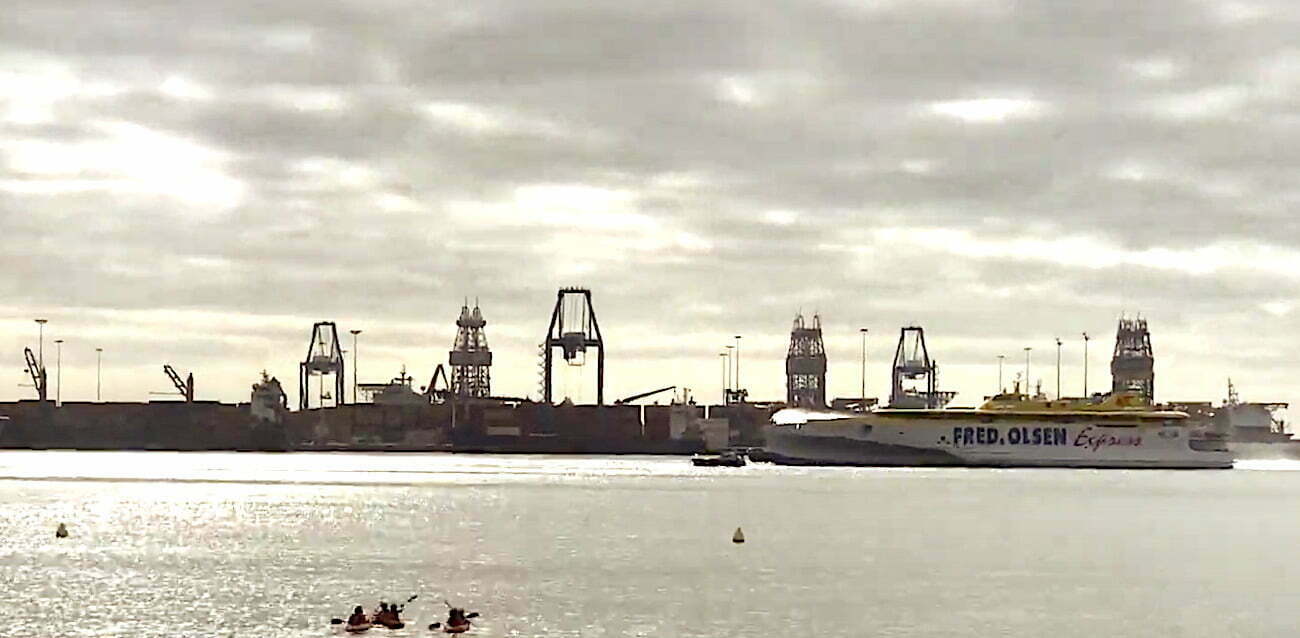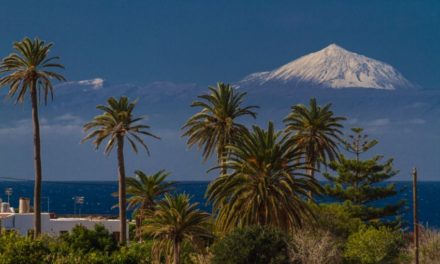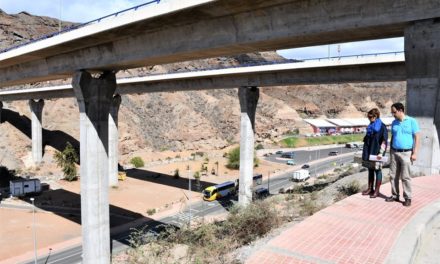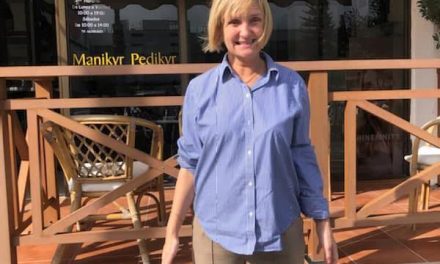The Canary Islands have started to feel repercussions from skyrocketing transport costs and are facing their second week with a large drop in cargo arriving from the mainland, due to the transport strike in peninsular Spain and, although for now supermarket shelves appear normal, the distribution sector has been warning for days of shortages of some products – especially perishables – and a real risk of shortages across the islands, if the Government of Spain does not take measures to put an end to the transport sector strikes.
Large brands on the islands are seeing problems and shortages in many products like milk, fruit and vegetables. In markets and supermarkets empty boxes have started to replace products from the peninsula and half-empty shelves or ‘fronted’, that is to say, displayed with just a first line of produce placed on the shelf but without merchandise behind it.
“The Government of Spain must seek a solution to this strike urgently. Otherwise we are going to have a serious problem in the Canary Islands”, says president of the Association of Medium and Large Distribution Companies (Asodiscan), Alfredo Medina. It is the perishable products that arrive on a rotating basis to the islands and that cannot be stored for a long time that are now held up on the peninsula. “This can’t go on for long,” he insists.
CARRIERS STRIKE
The Canarian transport sector have threatened that they will have to stop unless an economic contingency plan is put in action urgently.
It is not just distribution that is suffering from the stoppages of merchandise arriving on the islands. Canarian industry in general is being another affected by the delay in the arrival of supplies necessary for the manufacture of products.
The president of the Association of Industrialists of the Canary Islands (Asinca), Virgilio Correa, points out that the delays in the arrival of raw materials that were already being produced from international markets are now also added to the delays in supplies from the peninsula. He warns, if the strike continues over the coming days, there could be industries here on the islands that have to stop some production lines as they cannot manufacture some products.
“The situation is tense because there are few stocks. If this continues, there will be industries that will have to stop the manufacture of some products,” says Correa, calling on the involved parties to sit down and negotiate to reach an agreement that stops the strike. “The desirable thing is that the transport strike be called off now,” says Correa.
From the Government of the Canary Islands, director of Commerce and Consumption, David Mille, indicated yesterday that the Ministry of Industry, Tourism and Commerce, directed by Yaiza Castilla, report on the problems on the peninsula, in transport of merchandise to the islands, requests that the Spanish State Government be sued for “guarantees for the transportation of merchandise to the archipelago.”
Mille points out that there are currently no “serious problems of shortages” in the Canary Islands and that he trusts that the Government and the carriers will quickly reach an agreement that will put an end to the strike on the peninsula. “We have detected that there are serious problems in the southern ports, such as Cádiz, and we are going to ask that steps be taken to escort carriers with cargo to the islands, so there are no supply problems,” he says.
The Castilla’s department has prepared another report for a meeting with the Vice President of the Government, Román Rodríguez, in the coming days, along with several ministers, in order to guarantee Canary Islands cargo deliveries. As Mille explains, the meeting was aimed at seeking measures to mitigate the rise in energy prices but will be used by Rodríguez to put forward solutions so that the merchandise reaches the ports and is shipped to the archipelago. “The idea is that all members of the Government of the Canary Islands who have the opportunity to raise this issue in Madrid in the wake of other meetings take it and ensure that there are no problems in transport,” says Mille.













